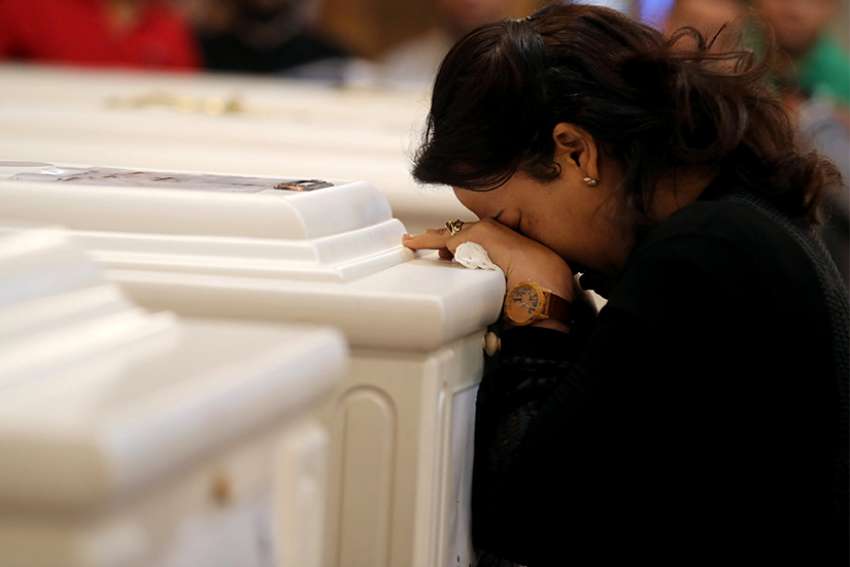Six people were killed 14 months ago in a Quebec City mosque attack. Bombs ignited at Coptic Catholic churches in Egypt and Catholic churches in Nigeria have killed dozens of worshippers, including priests at the altar. Countless churches have been levelled in Syria and Iraq. Six worshippers were murdered in a Sikh temple in Wisconsin. Dozens have been killed at various Christian churches in the United States.
The March 15 massacre of 50 praying Muslims in Christchurch, New Zealand, illustrates again that hate is a trespasser that shows no regard for borders or faith affiliation. These deaths came seven weeks after 20 people were killed when two bombs were exploded in the Catholic cathedral of Our Lady of Mount Carmel in the Philippines city of Jolo.
For gunmen seeking Internet fame, fighting personal demons or promoting some twisted ideology, the prayerful, peaceful congregants who fill houses of worship are easy targets. By their nature, houses of God must be welcoming places open for all who arrive at their doors. The thought of metal detectors or bag searches is odious. But although it may be impossible to totally thwart the mass murderers, in addition to stricter gun laws, steps can be taken to make prayer spaces safer.
Following six murders in the Quebec mosque attack, Ottawa doubled a $5 million fund to help places of worship, community centres and religious schools pay for such security measures as cameras, gates, alarms and lighting. But the fund is just $10 million over five years, a drop in the bucket to defend religious worship, a constitutionally protected right.
With rates of hate crimes rising in Canada, and with worshippers worldwide becoming targets, government attention to places of public worship needs to increase. The existing modest security program should be expanded to provide more infrastructure spending as well as support for security training.
In addition to installing alarms and lights, a security plan would include government-sponsored instruction for imams, rabbis, priests and other religious leaders on how to minimize death and injury in an attack. This type of training already occurs in some American cities. Church leaders are hearing that, by being prepared, lives can be saved in the crucial minutes before police arrive. They learn the importance of planning escape routes, hiding places, first aid and, as a last resort, self defence.
Places of worship are sanctuaries of prayer and peace. In today’s world, however, it has become a critical challenge to protect praying communities. Everyone must be vigilant and civic and church leaders must work together to try to keep worshippers safe.
Support The Catholic Register
Unlike many other news websites, The Catholic Register has never charged readers for access to the news and information on our site. We want to keep our award-winning journalism as widely available as possible. But we need your help.
For more than 125 years, The Register has been a trusted source of faith based journalism. By making even a small donation you help ensure our future as an important voice in the Catholic Church. If you support the mission of Catholic journalism, please donate today. Thank you.


